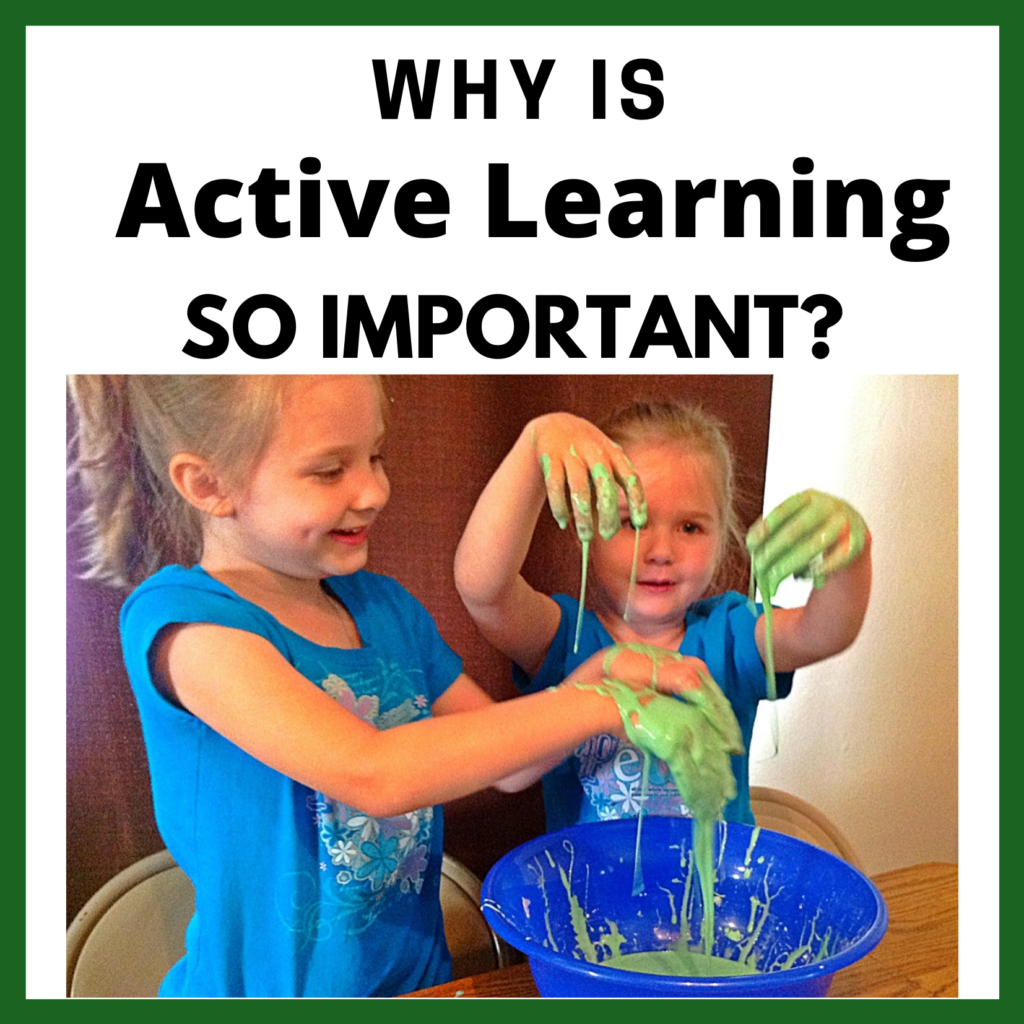Working in groups is often to referred to as cooperative learning. Cooperative learning breaks down the classroom into smaller groups, giving each group a task. Students work together to discover a new concept of help one another learn.
Research taken from Weikart Center for Youth Program Quality shows there are multiple benefits of using cooperative learning groups in your classroom.
1. Motivation
Students like to connect with one another. In a group, they can develop higher levels of trust, feel safer with taking risks and feel more comfortable than in the class as a whole. In a cooperative group students are provided a variety of motivations such as interest, curiosity, desire for understanding and urge to do their part.
2. Retention of Facts
We’ve all heard a child say before, “I remember the story much better when I talk it over with my group than if I just read it by myself.” Discussing things and even explaining it to others in the group, allows for a deeper level of understanding and retention than if a person simply hears it or reads it.
3. Academic Achievement
More than 70 studies have evaluated various cooperative learning methods. 67 of these studies (Slavin, 1990) measured the effects of cooperative learning on student achievement compared to traditional teaching methods. In 61% of the cooperative classrooms students exhibited significantly higher achievement than students in traditional classrooms.
4. Intergroup Relations
When people work together they learn to like one another and understand one another better. This is even more important when there are social differences in student backgrounds and ethnicity.
5. Effects on High-Achieving Students
Many teachers use group work as a way to support low-achieving students. They are surprised that high-achieving students also gain much from exposure to diverse experiences and perspectives while working in a group. Additionally, these students have the chance to tutor their peers and develop leadership skills.
6. Effects on Shy/Introverted Students
It can be difficult to get a shy student to participate in front of the whole class. For these students, working in a smaller group actually feels more comfortable and allows them to share their ideas more readily. Read my other post for more tips on how to help shy students in your classroom.
Citation:
Slavin, Robert E. “Research on cooperative learning: Consensus and controversy.” Educational leadership 47.4 (1990): 52-54.
Related posts you might like:



